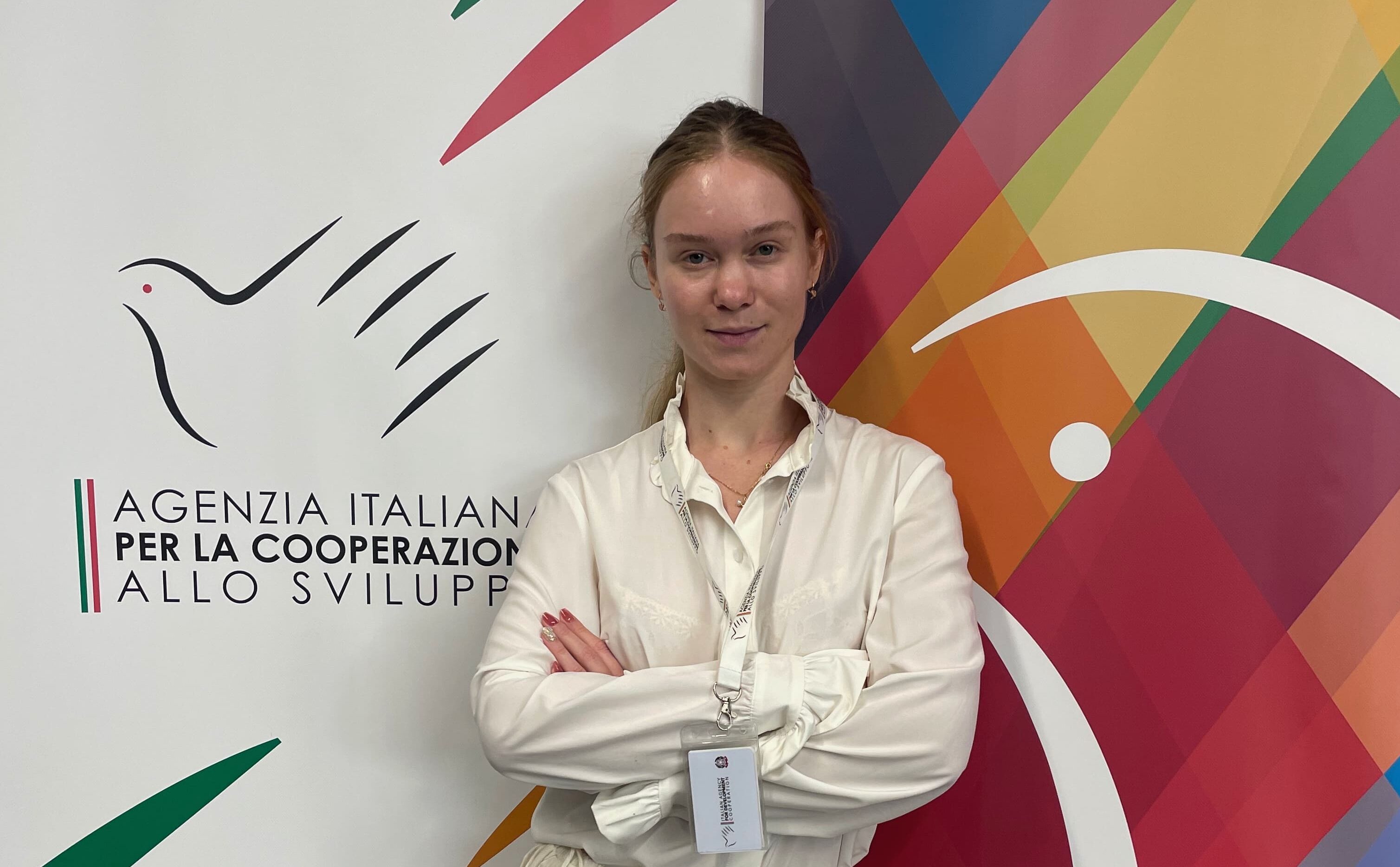Today marks the International Day to Protect Education from Attack, an occasion to remind us that the right to education must be guaranteed everywhere, even in times of crisis and conflict.
According to the Ministry of Education and Science of Ukraine, since the start of the full-scale invasion nearly 4,139 schools have been damaged or destroyed, of which 394 have been completely razed to the ground, with dramatic consequences for millions of children and their families.
Yet, despite war and uncertainty, education has not stopped. Schools and communities have found creative ways to adapt: from building shelters, to organizing hybrid systems that combine online and in-person lessons, to the establishment of underground schools.
The repercussions, however, remain severe. The destruction of infrastructure and the displacement of communities deprive children and students not only of their fundamental right to education, but also of the daily human contact and sense of normalcy it brings. Added to this is the trauma of war, which leaves a profound mark on entire generations.
Against this backdrop, the testimony of Sofia, an intern at AICS Kyiv—who was only 17 when the conflict began—offers a personal and direct glimpse into the lives of students in Ukraine:
“My name is Sofia, I am 21 years old. I am currently doing an internship at the Italian Agency for Development Cooperation in Kyiv and I am in my fourth year at university. I chose AICS because I want to grow in the field of international relations and contribute to projects with global impact. Many people have no idea how education in Ukraine functions today, or they think it has stopped altogether. In reality, learning continues even under the harsh conditions of war.
What surprises foreigners most is when I explain that even after nights of drone or missile attacks, the country resumes its life the next morning. For me personally, such nights are a real challenge. During massive attacks I cannot sleep because of the loud explosions. There is no metro station or proper shelter nearby, so I hide in the bathroom. Over time you get used to it, thinking the danger might pass—and if it doesn’t, then maybe it is destiny.
After a sleepless night, neither classes nor work are cancelled. Life goes on, though with visible consequences: in the morning traffic accidents happen, because it is hard to concentrate without rest. On such days, productivity is nearly impossible.
I am now in my fourth year, but the last time I was physically at my university was four years ago, at enrollment. I have therefore never experienced student life as many imagine it. Yet, despite all these challenges, I keep studying. For me, education in Ukraine is both a symbol of resistance and a reminder of how essential it is to protect the right to education.”
Through the Second Emergency Initiative, the Italian Cooperation has supported the rehabilitation and maintenance of 234 schools across the country. This effort helps ensure that—even in wartime—the right to education is preserved, enabling Ukrainian children and youth to continue learning, growing, and building their future.
Sources: Education at risk; Ukraine Fourth Rapid Damage Assessment
More info: Barbara Taccone, Communication Officer AICS Kiev, barbara.taccone@aics.gov.it
